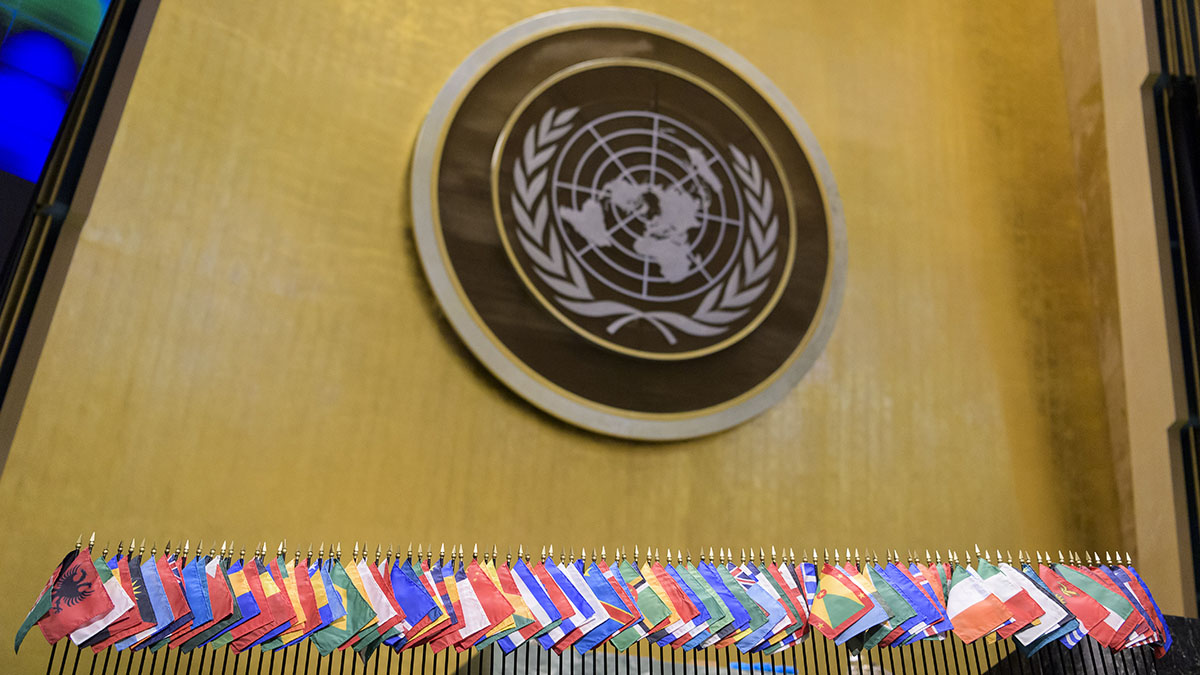More sustainable pathways for business charted in reconvened special United Nations working group focused on the future of capital.

Financing the sustainable development goals moved forward at a virtual meeting to take stock of progress on findings of the working group initiated on September 12-13, 2019. The meeting, ‘The Future of Capital, in Support of the UN Secretary General’s Strategy and Roadmap for Financing the 2030 Agenda for Sustainable Development’ was hosted by UNCTAD, the UN Office of Partnerships, and the World Academy of Art & Science (WAAS), working with Future Capital, and saw the launch of a project aiming to affect changes in the way capital and finance are allocated.
The meeting of December 4, 2020 was convened by UNCTAD's New York head, Chantal Line Carpentier, and William Kennedy, UN, Senior Programme Officer, UN Office for Partnerships to hear the lead of the Future Capital initiative, Ketan Patel, chief executive officer of Greater Pacific Capital, presented the preliminary findings of the project accompanied by Lawrence Ford, Founder and Chairman of Future Capital and member of the Steering group.
Some of the key findings highlighted were:
- Over 60 leading global financial institutions, representing over US$100 trillion of assets and c.30% of the total global assets, with over 3 million employees, across major continents were examined, and c.30 were ‘active participants’
- US$12.5 trillion of AuM (12% of total assets) have consciously incorporated ESG factors into their investment decisions to promote activities for good
- 100% have adopted ESG and sustainable investing targets, representing US$102 trillion.
- 97% apply a series of ESG screening metrics to proactively promote the funding of what they see as sustainable projects and enterprises
- 97% of the leading finance industry participants in this study, with combined total assets of US$101 trillion, have committed to actively reducing their own carbon footprint
- 89% have publicly affirmed their commitment to serve the broader stakeholder community
- 84% have prioritized climate action as an urgent organizational priority
- 70% offer or invest in ESG or sustainable products (e.g. green bonds, sustainable loans, etc).
A number of the financial institutions were found to be taking the lead in addressing global challenges and reorganizing their businesses to achieve this, including working in partnership with multiple stakeholders to address national challenges and creating new global institutions to solve international ones.
The report outlines the ‘common ground’ emerging among the leaders of the finance industry that sets a bar for others to strive for if they aspire to be industry leaders. The report also found that leaders in the financial sector broke new ground by supporting key initiatives pointing to emerging trends thought to likely define the future of finance and capitalism. The report is designed and is likely to spur others to embrace change.
The group agreed that the report was unprecedented in defining what might constitute activities that lead to an entity or industry being a “force for good”. The project lead was able to garner information on over 60 of the largest finance industry leaders from across the world and create a sub-group of c.30 active participants, capturing quantitative and qualitative information directly from them facilitated by the trust among peers.
The results were all the more impressive when considering the data was collected and the report prepared within a highly time compressed time period of six months from when the steering group agreed on the goal and approach. The work has great potential to support the work of the UN, especially advancing investment in the SDGs and the decade of actions.
A detailed report in draft, entitled ‘Capital as a Force for Good, Global Finance Industry Leaders Transforming Capitalism For A Sustainable Future - Future of Capital Report, in Support of UN Secretary General’s Strategy and Roadmap for Sustainable Development to 2030’, was submitted to the UN co-hosts.
The December milestones were discussed and included the launch of the project.


